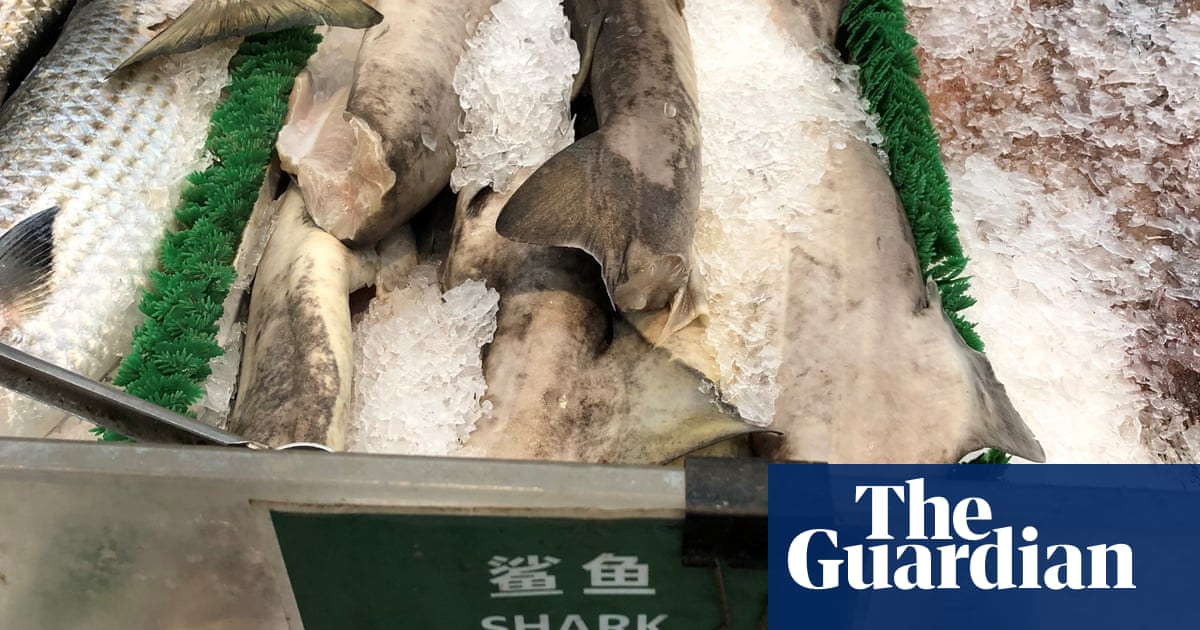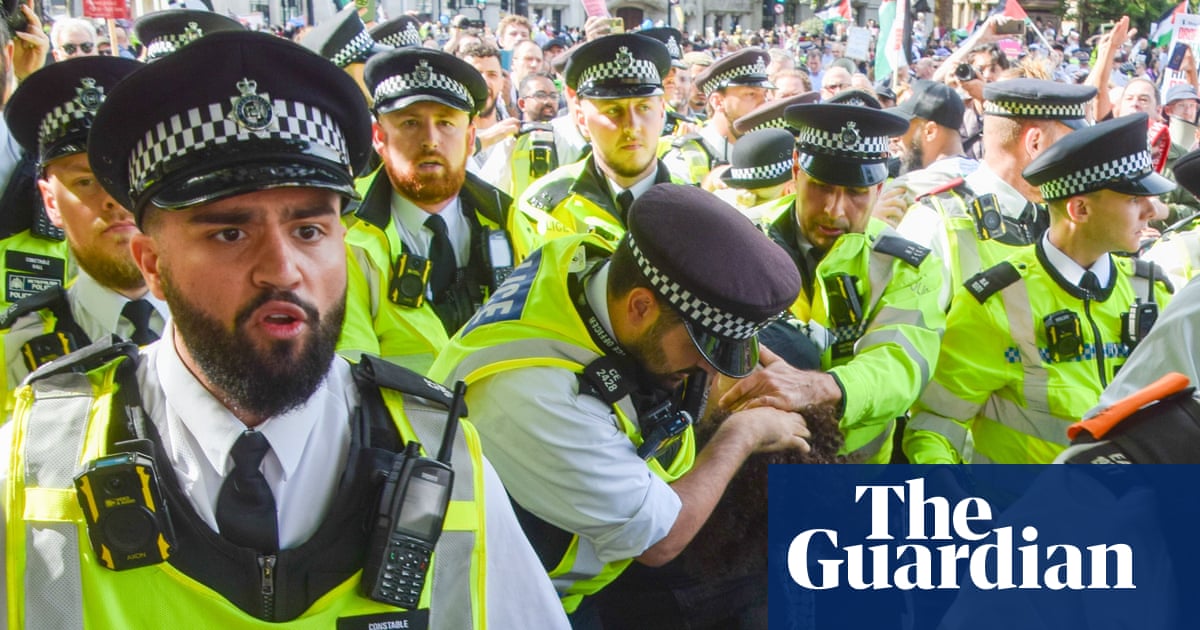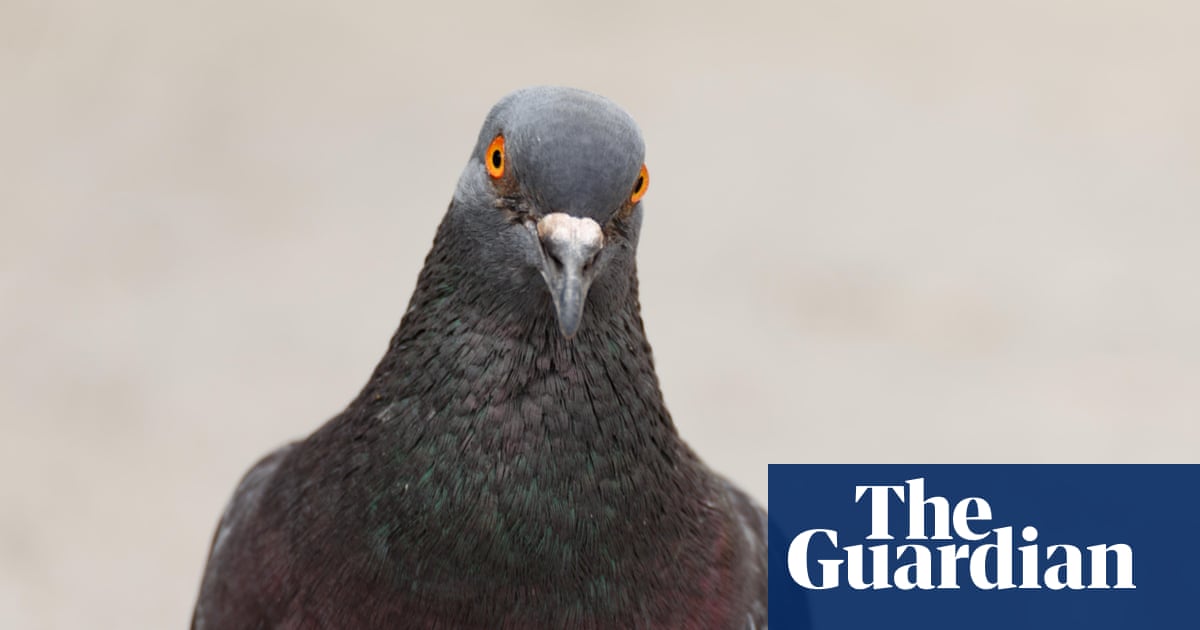It’s tough to be a bear in Florida these days, where only a year ago a Republican state congressman was accusing the ursine population of shooting up crack cocaine and trashing people’s houses.
Then came a controversial new law that allows anybody to shoot and kill any bear perceived as a threat without fear of consequences, which animal advocates say could be bad news for any creature that inadvertently wanders into a back yard.
Now wildlife officials have advanced plans for a three-week hunt in December that could see the slaughter of almost 200 black bears, close to 5% of Florida’s estimated total.
It is a proposal opponents are calling a trophy hunt based on bloodlust, not science, that would reintroduce long outlawed “barbaric” practices including bear baiting, chasing and cornering the animals with packs of dogs, and killing them with bows and arrows.
“It’s open season. It’s just ‘let’s use everything we have against the bears now’. It completely blows my mind,” said Adam Sugalski, founder of Bear Defenders, a member of an alliance of wildlife and environmental groups urging members of the Florida fish and wildlife conservation commission (FWC) to reverse course ahead of a final decision in August.
“They already pulled every protection. You can’t get in trouble for killing a bear, it seems, and now there’s this unregulated hunt. I just kind of feel for these poor souls in the woods with no protections any more, and then they’re about to release the hounds on them.”
For Sugalski, and other groups including the Sierra Club’s Florida chapter, the Animal Legal Defense Fund, and Defenders of Wildlife, there is more to the story than just emotion. The FWC, they say, is using outdated and incomplete data of bear numbers to justify the hunt and falsely insist the killings are necessary as a conservation measure.
By the commission’s own admission, the most recent tally of Florida’s black bear population – an estimated 4,050 – took place more than 10 years ago, and the FWC has never put a cap on numbers beyond noting how many bears would be too many for available habitat and other resources.
“This is a rich man’s hunt. It’s not science-based conservation,” said James Scott, former chapter chair of the Sierra Club of Florida and campaign coordinator of the advocacy group Speak Up Wekiva.
“If we got to where bear populations were clearly exceeding the carrying capacity of any given unit, with the negative effects that come with that, that would be justification, a science-based, conservation-based approach to hunting. But they haven’t got anywhere near justifying that.
“Instead you have some characters who have worked really hard framing hunting as a conservation tool, and some folks who have ingratiated themselves with commissioners. You also have a commission appointed by the governor, and most of them are land developers.
“So there are powerful interests that have a financial interest in limiting the growth of the bear population.”
Scott noted that the FWC’s existing bear management plan, updated in 2019, did not propose the reintroduction of hunting, and stated that bears were still listed as a threatened species in Florida as recently as June 2012.
“Fortunately, the Florida black bear population is growing. We have more bears now than at any time in the last 100 years, but our conservation efforts are not finished,” the document said.
Also fresh in campaigners’ memories is the debacle of the most recent Florida hunt in 2015, a planned week-long event that ended prematurely when more than 3,200 hunters descended on the state and massacred almost 10% of the state’s bear population within two days.
The eventual death toll of 305 included mothers, cubs and numerous bears below 100lbs, all of which were supposed to be off-limits. Some hunters were found to have illegally baited their targets, and 112 bears were killed in 24 hours in a region of the Florida panhandle where the cap was set at 40.
FWC abandoned plans for hunts in subsequent years, until the proposal came up again this year for a 23-day event in December. The hunt, which was given preliminary approval in a 4-1 vote at a commission meeting earlier this month, seeks to “remove” 187 bears across four zones, and hunters will pay $300 for a permit ($100 for a Florida resident), plus a $5 application fee.
A petition launched by Bear Defenders to oppose it has more than 40,000 signatures.
Commission officials point to a frequently answered questions page on the FWC website that says why a new bear hunt is required.
“There is a finite amount of suitable bear habitat, so if bear populations continue to grow unchecked, at some point bears will have to start living in more marginal habitats, like neighborhoods,” it said.
“Regulated bear hunting adds a positive value on bears by providing people with additional economic and recreational opportunities. Hunters can use the meat, pelt, fat and other parts of the bear they harvest. In contrast to all other current management action options, regulated hunting generates funding for conservation.”
Scott said that the meat argument in particular is spurious. “That’s bullshit. Nobody eats bear meat, it’s greasy and not a fun meat to eat,” he said.
“You’ve got to think about the money and power of the folks that want to hunt bears. They’re trophy hunters, the kind of guys that can afford to go to Africa and mow down cheetahs and giraffes and lions and stuff. Let’s not kid ourselves here, these guys just want to have a head on a wall.”

 3 months ago
105
3 months ago
105

















































